Stay up-to-date on latest anti-aging research from top longevity scientists.
Horvath Collection
Who wants to die?
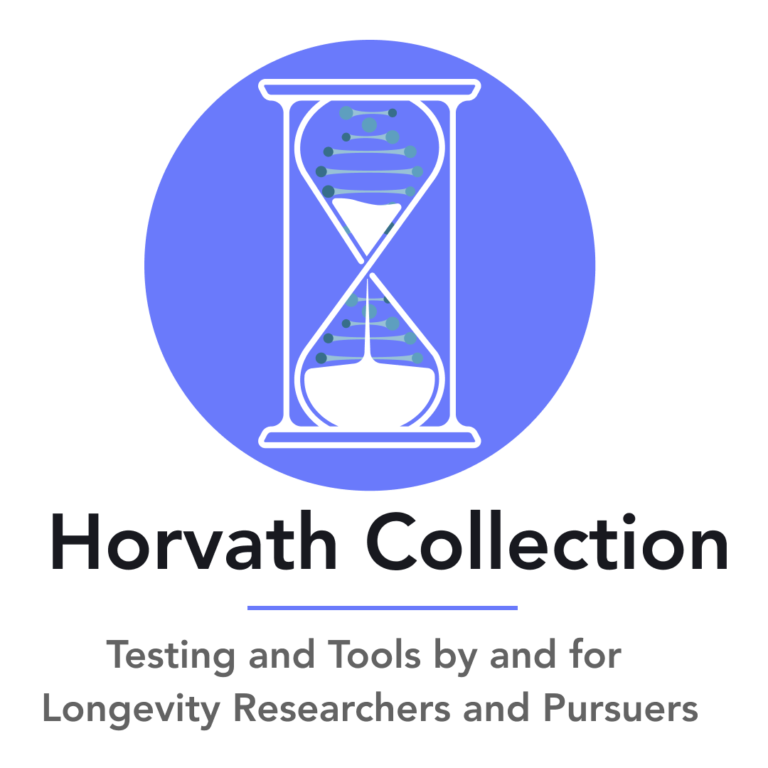
Aging Code: Measure it, understand it, and ultimately master it with Horvath Collection.
Who wants to die? – No One!
Unlock the intricate biology of aging with the Horvath Collection—epigenetic age tests, longevity insights, and personalized recommendations from Steve Horvath and the Clock Foundation.
Traditional DNA Age tests are costly, proprietary, and lock your data away.
By supporting us, you’re funding a new open-source standard, making bioage testing more affordable and accessible.
You’ll also get to measure your age using the most cited and cutting-edge tests available (GrimAge2 and Universal Horvath Clock).
Get the Horvath Collection and help rewrite your and humanity’s aging story today!
The History of Epigenetic Clocks
First developed in 2011, an Epigenetic Clock is a "molecular timer" that uses certain epigenetic markers that appear during development and as we age to estimate biological age as well as predict a host of age-related health risks.
1st Generation Epigenetic Clocks

First Generation Epigenetic Clocks were the first to discover evidence that DNA methylation patterns or changes in certain epigenetic markers are linked with our age!
These clocks were trained and built to estimate our actual chronological age, irrespective of health status or health risks.
Examples of 1st Gen Clocks:
- Horvath (2013) pan tissue clock
- Hovarth (2018) skin & blood clock
2nd Generation Epigenetic Clocks
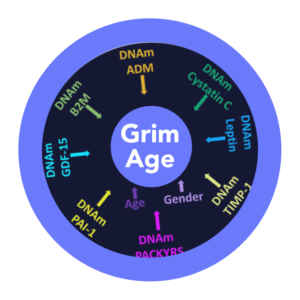
Second Generation Epigenetic Clocks were trained and built to estimate biological age and mortality risk.
These clocks were a significant improvement over so-called “first gen” clocks due their ability to predict time-to-death, their strong association with a number of age-related diseases and actionable insight into key mechanistic components of individual aging.
Examples of 2nd Gen Clocks:
- Horvath-Levine DNAm PhenoAge (2018)
- Horvath GrimAge (v1 2019, v2 2022)
- Dunedin Pace of Aging
3rd Generation Epigenetic Clocks
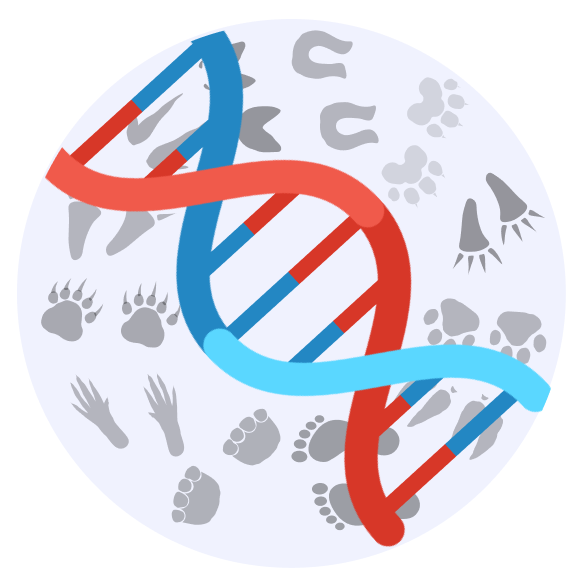
Third Generation or “Universal” Epigenetic Clocks were trained on data from over 180 mammalian species. They were built to estimate age across all mammals, and represent the most evolutionarily conserved (i.e. MOST IMPORTANT) aspects of aging across millions of years of evolution.
3rd gen clocks as published in Nature Aging:
- Universal Horvath Clock (2023)
Support Anti-Aging Research. Pre-Order the Horvath Collection Today.
What's included?
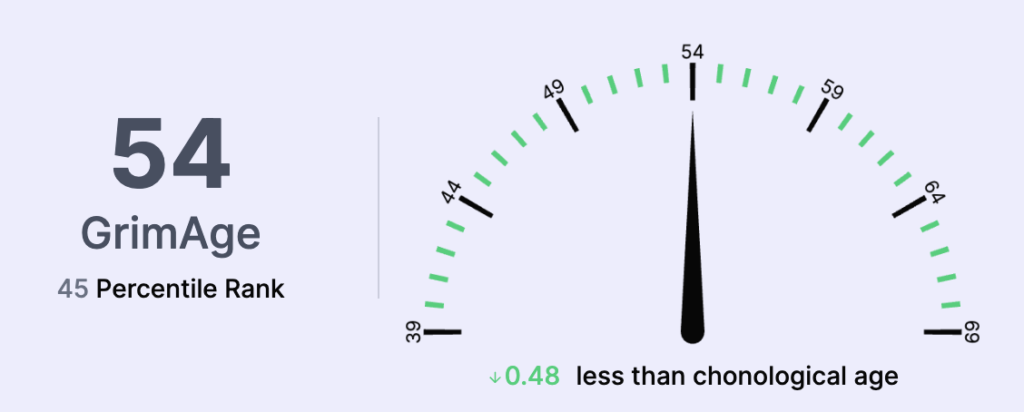
At-Home Blood Collection Kit
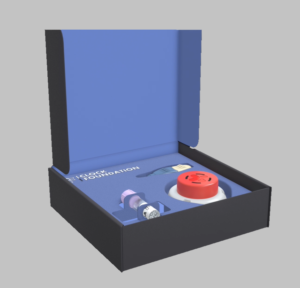

3 Biological Age Readouts for Price of 1!
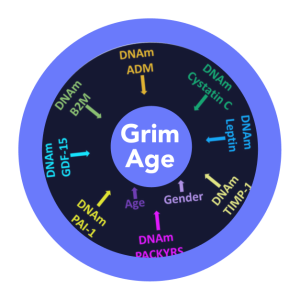
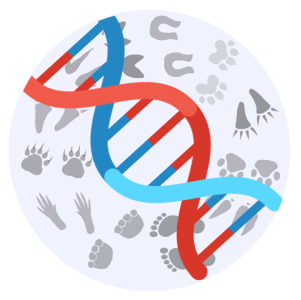
Advanced Longevity Reports & Personalized Treatment Recommendations
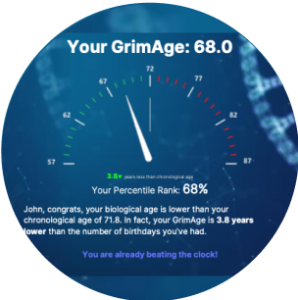
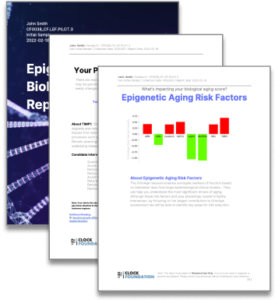
Horvath Collection - Your Comprehensive Epigenetic Age and Longevity Testing Package Brought to you by the Clock Foundation
+ Epigenetic Clock (1st Gen)
+ Horvath GrimAge (2nd Gen) and GrimAge Systems Age Report
+ Universal Clock (3rd Gen)
+ Personalized Treatment Recommendations
+ Interactive Report and Web Portal
+ Raw Methylation Data
...and Unparalleled Access to Longevity Researchers and New Breakthroughs!
Get ALL the most important biological age tests used by top longevity researchers and anti-aging biohackers!
🏡 At-Home Blood Collection Kit
Our at-home testing kit makes it easy and convenient to collect your biological sample (blood) and send your sample to one of our processing labs via express mail. Get yours results in 4-6 weeks.
🕗 Epigenetic Biological Age (1st, 2nd, and 3rd Generation Tests ALL Included)
With a single sample you’ll get a biological age score and readout for both:
- 1st Gen Horvath – Most Accurate Epigenetic Clock Test Ever Published
- 2nd Gen GrimAge – Epigenetic Health Age Test, Widely Considered Best Mortality Predictor
- 3rd Gen Universal Horvath Clock – Pan-Mammalian Epigenetic Age Test, Capturing Most Deeply Conserved Aspects of Human Aging
📖 Advanced Longevity Health Reports
- GrimAge Risk Factors – What your drivers of aging are most affecting your age?
- Systems Age – Which organ group or system are most actionable for a lifestyle change impact or anti-aging treatment?
- Personalized Longevity Recommendations – What can I do? Get personalized recommendations for longevity actions based on latest research and your drivers of aging.
⚠ We Always Provide Access to Your Raw Data
Not all biological age tests are the same. BUYER BEWARE: Many testing companies today don’t provide you with your raw data, and instead keep it as their “proprietary data”. On the other hand, we ALWAYS provide access to your data in a standard open source, interoperable format that you or other aging researchers can analyze on your own.
🎁 Bonus Offers and Additional Options
- 📊 After taking more than one test: Get a Personalized Longitudinal Report including all available clocks and detailed readout of changes over time.
- 🧬For Previous Testers: Analysis of Previous DNA Methylation Tests.
- 👩⚕️ Cutting Edge Treatments? Participate in clinical trials and anti-aging community programs.
- 📆 Custom scheduling and longevity intervention tracking for biohackers.
🤝Together we can open source the longevity field!
We now have tools that can readily advance anti-aging and longevity research, and there are very simple ways to get involved. Pre-order now, and sign up at our site to take your anti-aging to a new level.
Recent Media Coverage & Interviews
Frequently Asked Questions
Biological age refers to your age on a biological level compared to your chronological age or how many birthdays have passed for you.
Biological age tests look at changes in your biology that are indicative of biological aging. In our case, our biological age test uses what is called an epigenetic clock to calculate your biological age.
Fortunately, your biological age is modifiable, meaning you can change it. Tracking your biological age can help you see changes over time and understand the impact diet, lifestyles changes, and anti-aging treatments are having on your rate of aging.
After ordering, you’ll receive different instructions depending on which test you’ve obtained, or which program you’ve entered. In each case by email we’ll detail how the test works and the steps ahead necessary for collection.
For everyone obtaining testing, this initial email will include:
- A link to an online survey to register your test kit and to complete a brief intake questionnaire;
- For the PhenoAge test in the U.S., a form that enables you to obtain your blood draw, along with instructions on how to schedule an appointment; and
- For the GrimAge epigenetic age test, instructions on how to collect and return your at-home blood collection kit.
You will receive your initial test report and results as soon as each of the above steps have been completed. For the PhenoAge blood test, this is typically within 1-2 weeks after your blood draw. For the Grimage epigenetic clock test, the typical turnaround time is 3-4 weeks after return of your sample.
Once you receive your initial results, you’ll also be able to book a 1-on-1 consultation with our team to discuss.
Each month you’ll also receive separate notifications about our community events, where we discuss new treatments and longevity strategies.
Epigenetics is the study of how genes are turned off and on during an animal’s lifetime, including humans.
A Greek word meaning “above genetics”, epigenetics is the study of changes in gene function that occur without detectable changes to DNA sequence. What this means is that your gene expression (like what proteins your cells produce) changes but your gene sequences themselves do not change.
Epigenetics most often involves changes that affect gene activity and expression. These epigenetic changes can occur due to normal biological development but they can also result from external or environmental factors like food choices, stress levels or even injury.
A genetic or DNA test looks at what your DNA contains whereas an epigenetic age test measures various epigenetic changes on our DNA itself. Unlike DNA, your epigenetics are modifiable.
Many cells in the body have an “epigenetic clock” that keeps track of how quickly they are aging or, more accurately, how much damage has been done since they were created.
Our test provides your biological age as well as various key drivers of your aging.
DNA methylation is a process where methyl groups are added to DNA to influence gene expression, and which are critical for normal human development, defining cell identity, as well as for rejuvenation and reprogramming. Highly accurate estimators of chronological age have been developed are known as epigenetic aging clocks, which can predict chronological age through development and across the lifespan (Horvath 2013, Horvath & Raj 2018).
Increasingly these clocks are also being used as a measure of biological age as certain measures – most notably GrimAge (Lu 2019, Li 2020), which is able to predict future morbidity and mortality risk. GrimAge also performs well for predicting functional decline and onset of major age-related diseases, including heart disease, cancer onset, multi-modal measures of brain health, kidney disease, fatty liver, respiratory function, and more (Lu 2019, Hillary 2018, Hillary 2020, McCrory 2020). These peer reviewed and independent studies have also shown that it performs reliably across large diverse populations.
Many researchers conclude today that overall epigenetic clocks now represent the most robust measure of biological age (Li 2020, Jylhava et al 2017, Justice & Kritchevsky 2020).
We currently ship to the United States, UK and Europe and serviced by labs in Los Angeles, USA, and Manchester, UK.
Please contact us if you are located elsewhere and are still interested in purchasing a test or participating in an anti-aging trial.
WARNING: TESTS INTENDED FOR RESEARCH PURPOSES ONLY
These statements have not been evaluated by the Food and Drug Administration. These products are not intended to screen, diagnose, treat, cure, or prevent any disease or condition or assess risk of any disease or condition. Unless advised by your healthcare professional, biological age should not be used to determine or alter any age-related health or medical treatments based on your chronological age.
Let’s Stay In Touch
© 2023 Clock Foundation.

